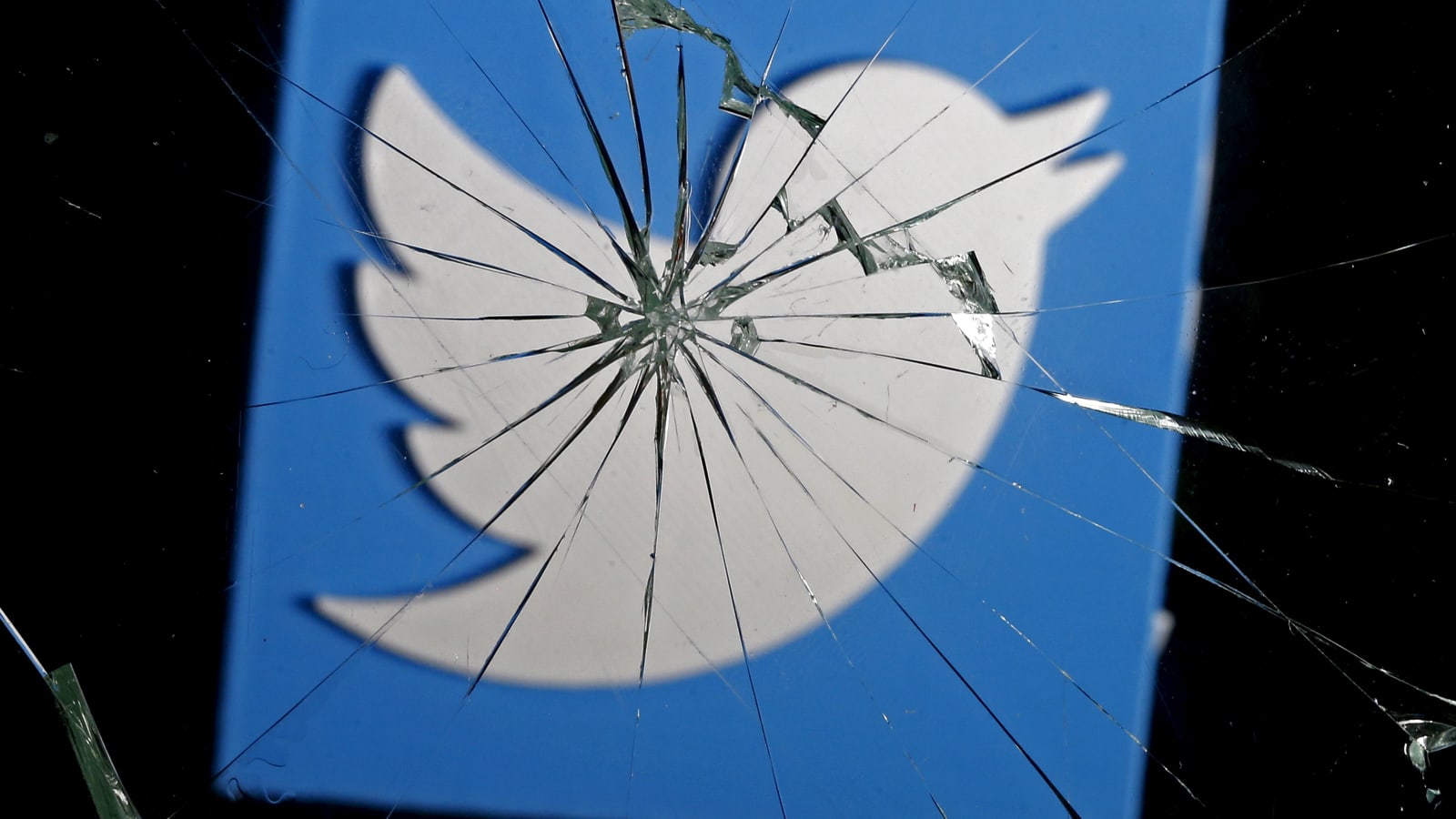
Twitter has been home to many hashtag campaigns, but tonight one is trending that’s a little different: #WomenBoycottTwitter. Sparked by its “temporary lock” of Rose McGowan’s account yesterday, the movement’s purpose is to go dark “In solidarity w @rosemcgowan and all the victims of hate and harassment Twitter fails to support.” Participants include fellow celebrities, women who have experienced harassment online and men who support its cause.
The campaign’s source is Kelly Ellis, a software engineer and former Google employee who has previously written about the harassment she’s experienced and Twitter’s failure to address it. Last year Ellis wrote about a weeklong string of harassing tweets she received that Twitter would not act on, and just yesterday noted that while McGowan’s account was silenced, rape threats she had received stayed live on the service.
Signing off for the night and all day tomorrow in solidarity with @rosemcgowan + the women and survivors everywhere who deserve to be heard. pic.twitter.com/KjnFuxH05G
— raqtober (@raqueldesigns) October 13, 2017
#WomenBoycottTwitter Friday, October 13th. In solidarity w @rosemcgowan and all the victims of hate and harassment Twitter fails to support. https://t.co/G0my9EyKpQ
— Kelly Ellis (@justkelly_ok) October 12, 2017
MEN: if you are on here tomorrow, I urge you to AMPLIFY our voices. Call on your brothers to be better, go after ones who won’t. #ROSEARMY
— rose mcgowan (@rosemcgowan) October 13, 2017
By its nature, it’s hard to say exactly how many people have joined the campaign, but it rapidly gained steam yesterday, joined by McGowan herself, Alyssa Milano, Chrissy Tiegen, Jeffrey Wright and others. At the same time, even among people who support its message, there have been reactions asking why now, instead of at times when others, in particular women of color, have experienced harassment on Twitter or bans of varying degrees from the site itself.
Calling white women allies to recognize conflict of #WomenBoycottTwitter for women of color who haven’t received support on similar issues.
— Ava DuVernay (@ava) October 13, 2017
Suspended ESPN host Jemele Hill has been a frequent target of harassers, while comedian Leslie Jones experienced a sustained campaign including the hacking of her iCloud account, just last year. Ellis responded to those concerns before going dark, saying that “We can and should do better. It’s not ok for solidarity to only be for white women. I regret the timing. Finally, the “women” part of #WomenBoycottTwitter is exclusionary to nonbinary folks. I can and will do better in the future. I apologize.”
My mentions since posting #WomenBoycottTwitter 3 minutes ago #thisiswhy pic.twitter.com/c1GKSmBu32
— christine teigen (@chrissyteigen) October 13, 2017
The list of people who have been targeted by trolls and worse on social media is long — late last year Tim & Eric collaborator Vic Berger IV joined the list — but Twitter’s inability/outright unwillingness to deal with the nastiness that so frequently appears has been there from the start. Author and Engadget contributor Ariel Waldman wrote in 2008 about the harassment she received, and heard from (current Twitter CEO) Jack Dorsey at the time that “We’ve reviewed the matter and decided it’s not in our best interest to get involved.” (In the last 24 hours, he tweeted that “We do need to do a better job at showing that we are not selectively applying rules.”)
We do need to do a better job at showing that we are not selectively applying rules.
— jack (@jack) October 12, 2017
By its nature, it’s not immediately clear how many people are participating in the #WomenBoycottTwitter campaign, or how many are remaining active for various reasons. Still, it’s clear that nearly a decade after Waldman’s complaint, despite Twitter’s promises of transparency, revamped blocking tools and tweaked policies, many — starting with those most frequently targeted for harassment just because of who they are — are still not satisfied with the company’s reaction.




